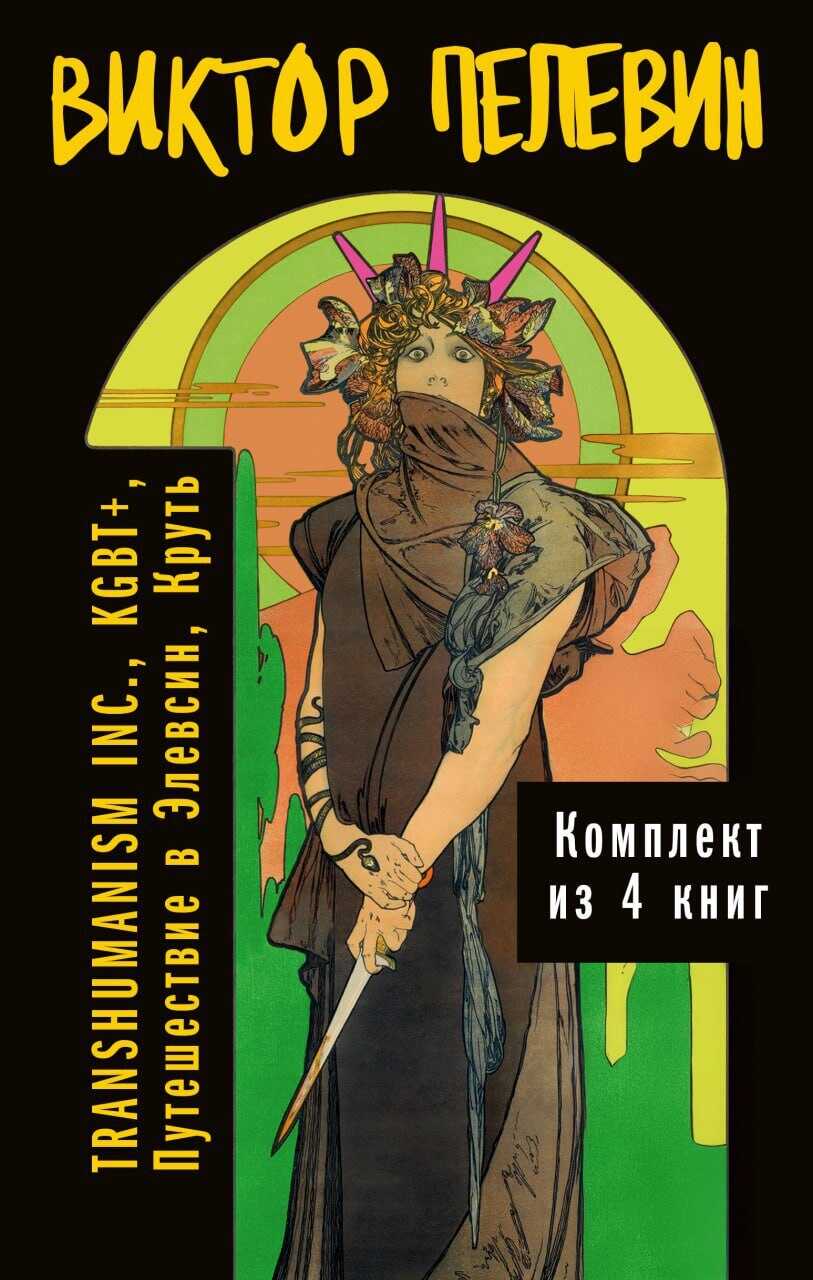Шрифт:
-
+
Закладка:
Сделать
Перейти на страницу:
46 интервью с Виктором Пелевиным с сайта pelevinlive.ru, для удобства чтения представленные в fb2. Дополнено расшифровкой двух видеоинтервью.
Перейти на страницу:
Еще книги автора «Виктор Олегович Пелевин»:






